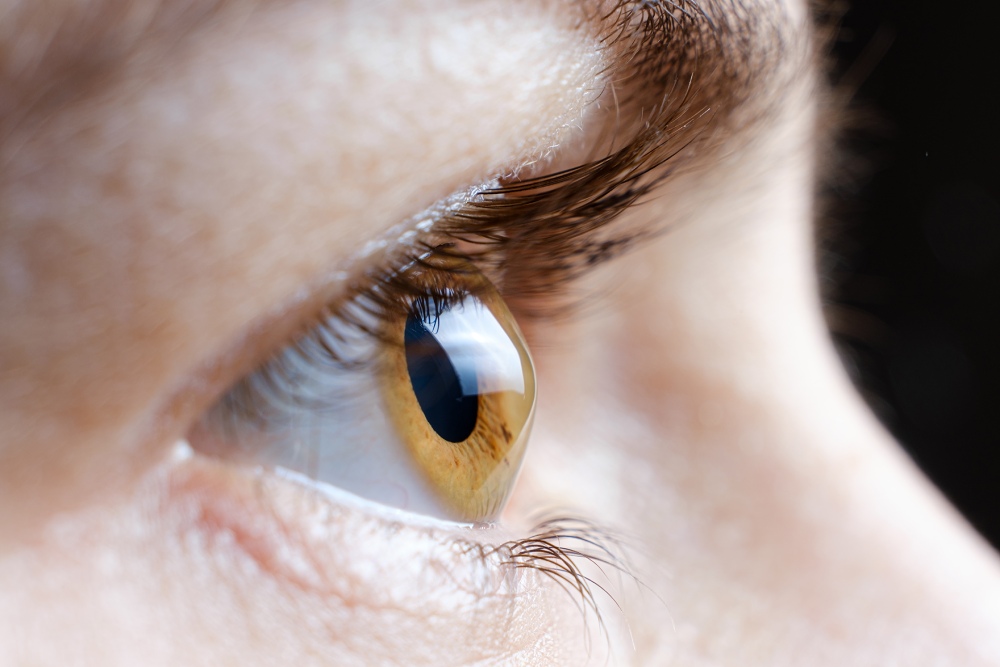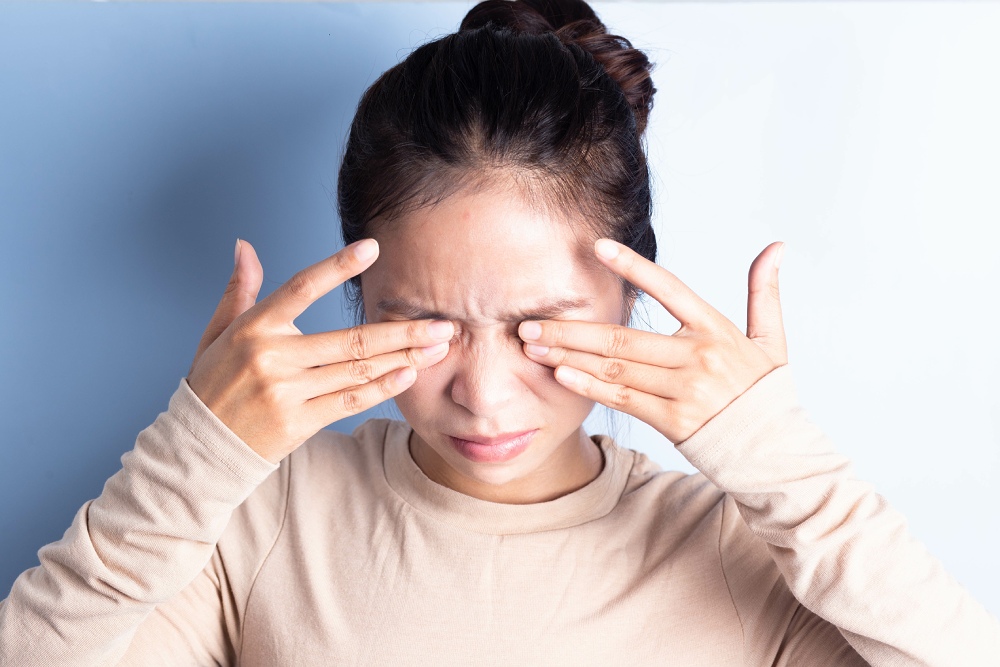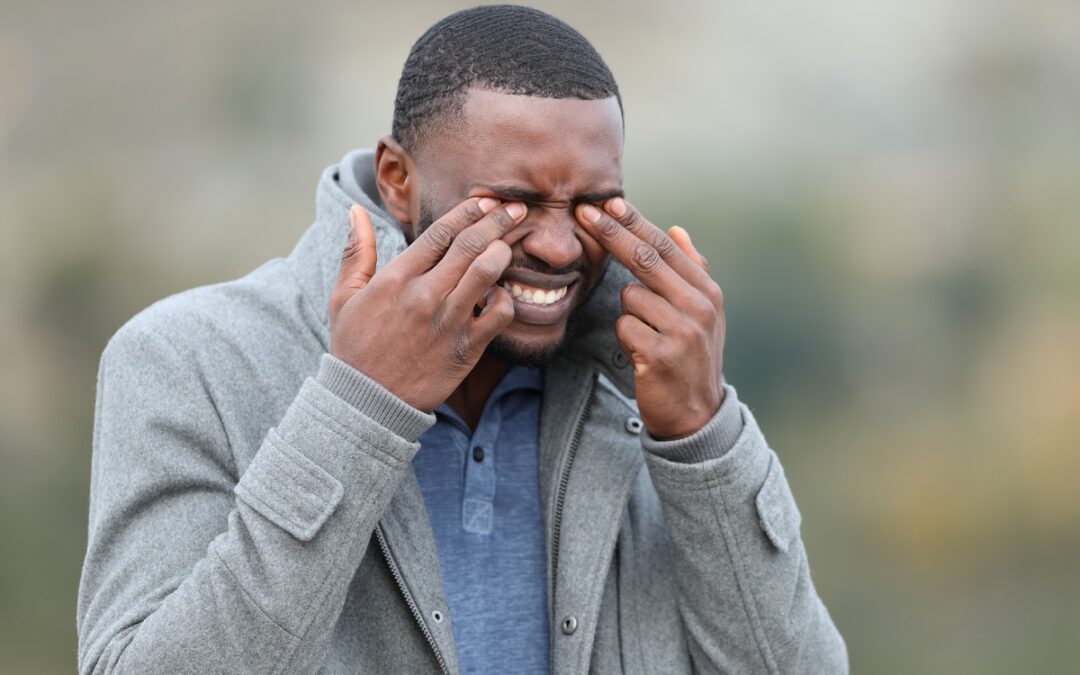As you get older, it’s important to pay attention to your eye health. Aging increases your risk of developing some eye diseases and conditions, including glaucoma. Glaucoma is a group of eye diseases that can damage your optic nerve, which carries visual information from your eyes to your brain.
If left untreated, glaucoma can lead to vision loss and even blindness. But did you know that glaucoma often doesn’t have symptoms in its early stages? Keep reading to learn more about this sight-stealing eye disease and how you can protect your eyesight.
How can you tell if you have glaucoma?
Glaucoma is often referred to as the “silent thief of sight” because it typically doesn’t cause any noticeable symptoms in its early stages. This is why regular eye exams are crucial for early detection and treatment. As glaucoma progresses, some people might start noticing a gradual loss of side vision, which is called tunnel vision. Other signs could be blurry vision, seeing halos around lights, and trouble adjusting to dark rooms. But these usually show up in the later stages of the disease.
One type of glaucoma called acute angle-closure glaucoma can cause sudden and severe symptoms such as intense eye pain, headaches, blurry vision, nausea, and vomiting. This is considered a medical emergency and requires immediate attention from an eye doctor.
Risk factors for glaucoma
While glaucoma may not always have obvious symptoms in the early stages, there are risk factors that can increase your likelihood of developing the disease. These include a family history of glaucoma, age (people over 60 are at higher risk), certain medical conditions like diabetes or high blood pressure, and prolonged use of corticosteroid medications. If any of these apply to you, make sure your doctor is aware of them.
How to treat glaucoma
At Lawrenceville Family Eyecare, our eye doctor specializes in diagnosing this condition and provides glaucoma treatment in Lawrenceville to help manage your symptoms. Treatment options for glaucoma typically include prescription eye drops to lower intraocular pressure (a risk factor for glaucoma), laser therapy to improve drainage in the eyes, or surgery in more severe cases. By following our doctor’s recommendations and scheduling regular eye exams, you can protect your vision and prevent further damage.
Lifestyle changes can also play a significant role in managing the condition, including:
- Eating a healthy diet high in antioxidants and omega-3 fatty acids
- Maintaining a healthy weight with regular exercise
- Avoiding smoking and excessive alcohol consumption
- Wearing sunglasses to protect your eyes from UV rays
The best way to detect glaucoma early is through regular eye exams, whether you have blurry vision, severe eye pain, or no symptoms at all. Our eye doctor in Lawrenceville, Georgia specializes in diagnosing glaucoma in its early stages, often before it affects your vision. Give us a call today to schedule your next eye exam!





